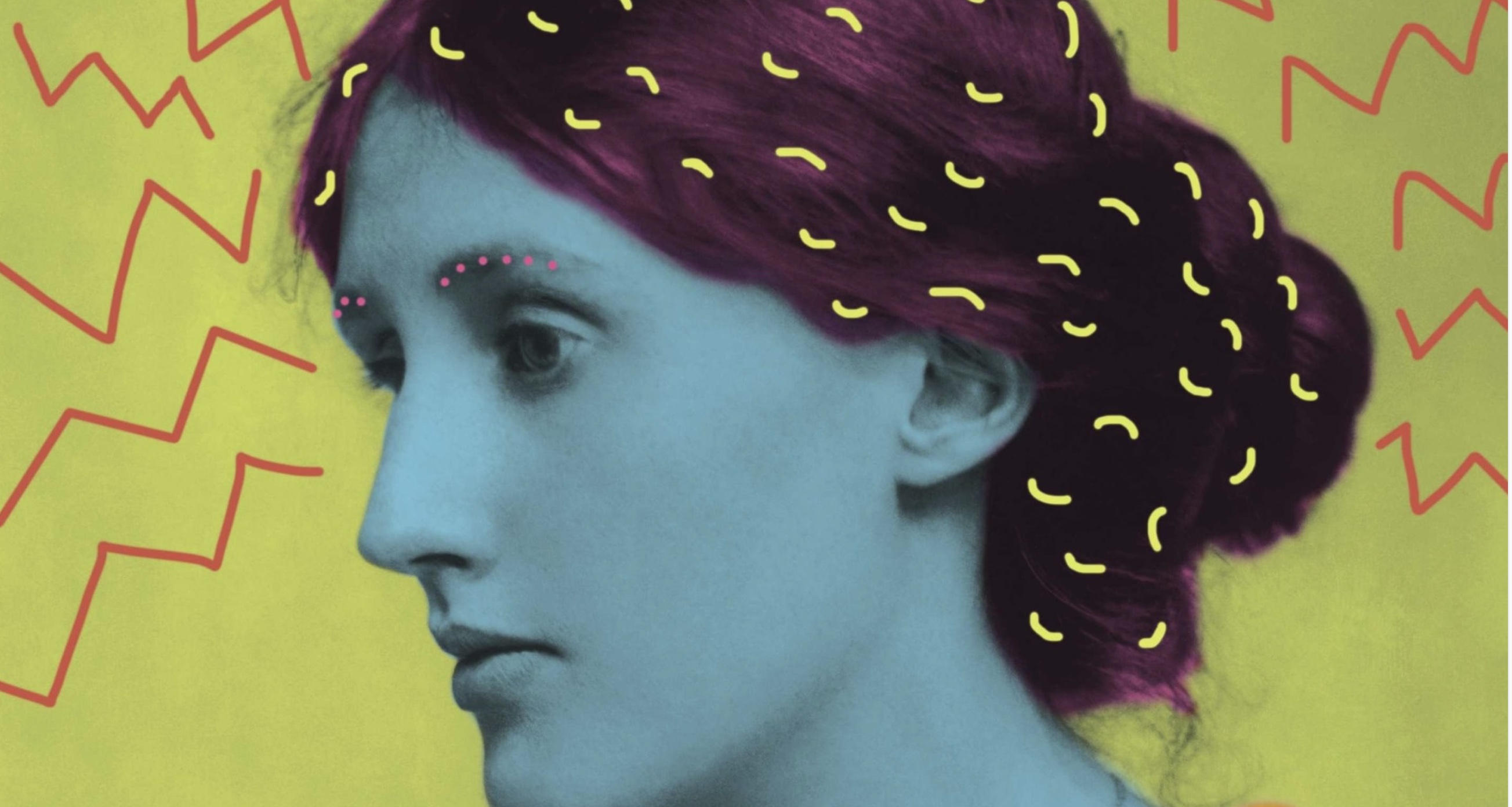How do you imagine the contemplations of the Bloomsbury Group in a modern cultural climate?
The Attenborough Centre for the Creative Arts (ACCA) achieved exactly that, showcasing four outstanding and diverse performers for the Thinking Queer: Bloomsbury Group event on the evening of Friday 10th November.
Curated by the Marlborough Theatre, the ACCA invited people to their café bar for a performance centring around a response to the Bloomsbury collective, set up with groups of tables and chairs for diverse performances of poetry, dance and comedy. Although the building is not lacking facilities since its vast renovation project, the set up in the café bar allowed for a more relaxed and discursive atmosphere.
Jacob V Joyce, Nando Messias, and Marisa Carnesky had prepared pieces for the evening, with the final act screened from a recorded video from Alok Vaid-Menon. The performances were in some way a response to the philosophies and works of the Bloomsbury collective; members that include Virginia Woolf, Duncan Grant, and Vanessa Bell.
The Bloomsbury Group were heralded as pioneers of thought surrounding sexuality, femininity, and pacifism at the beginning of the twentieth-century. Each performer had a unique response to the ethos of the circle through their own style of storytelling, and demonstrated how their theories have now evolved.
The first act was from the non-binary interdisciplinary punk artist and member of sorryyoufeeluncomfortable collective (SYFU), Jacob V Joyce, who highlighted a firm belief in the importance of oral tradition within performance. Whilst reading biographies and information on the Bloomsbury Group, Joyce admitted that their writings were boring and dated in respect to the culture of today.
After speaking with friends and family who enjoy the writings of the group, Joyce was then able to construct a lyrical piece with imaginative use of a loop pedal, applying a colonial commentary as many of those in Bloomsbury were “viewing people of colour in colonial ways”.
The second piece performed, entitled ‘Alphabetical Anthology of White Liberal Proverbs’, is a poetic collage of “a system that routinely tries to erase [the] voice” of the non-white liberal elite. Joyce’s collection beautifully pairs illustration with poetry to compare current race and class culture with the attitude of Bloomsbury to make us painfully aware of the existence of these social barriers.
The following act was a performative piece by Nando Messias that epitomised the product of the ‘feminine’ of the early twentieth-century era. Messias, known for performances at the Tate Britain and the V & A, combines art and dance to create incredible images that critique rigid gender stereotypes. The piece set to music and recording, Francis, told the story of the conventional middle class elderly woman of the Bloomsbury epoch using choreography, costume and mime. As Messias began to unclothe, petals fell from their dress, eventually revealing a phallic object below the navel to confront a “hatred of conventions”, with every intricate movement reflecting the tone of the dialogue.
Marisa Carnesky’s Bloomsbury interpretation was more literal and comical, asking the audience: “how could I embody them?” Carnesky is known for success in productions, the Menstronauts, and renowned performances such as Dr Carnesky’s Incredible Bleeding Woman. The piece was centred around a replica of the female upper-body attached to the torso, with womb, heart, and breasts through the embodiment of the Charleston House, the meeting place of the Bloomsbury Group.
By objectifying the traditional feminine body, Carnesky said: “Through these objects, I live the art, the art is my experience, it’s my body”. Carnesky recognised the warm reception from the audience, offering a more humorous portrayal for the evening.
The final piece of the evening was a video performance entitled ‘All Dressed Up’ by Alok Vaid-Menon, a gender non-conforming performance artist and writer, and part of the ‘Dark Matter’ Group. There was a different atmosphere in the room at this point of the evening as the room watched and intently listened to the spoken word of Vaid-Menon; coupled with video clips of the artist. The poem directly calls for erasure of violence, and discusses how language has been merged with a violence towards queerness.
Vaid-Menon questions the concept of a collective as the LGBTQ+ community is “more connected than ever but we’ve never felt so alone”, emphasising that the digital age is a social space to celebrated, but there’s still a way to go – Vaid-Menon acknowledges that there is still collective façade of resilience within the queer community.
The evening was a great success. I’m sure many others who attended will join me in hoping that the ACCA will unite with the Marlborough Theatre and many other outlets to produce other unique cultural commentaries.
Featured Image Credit: Sarah Ferrari

